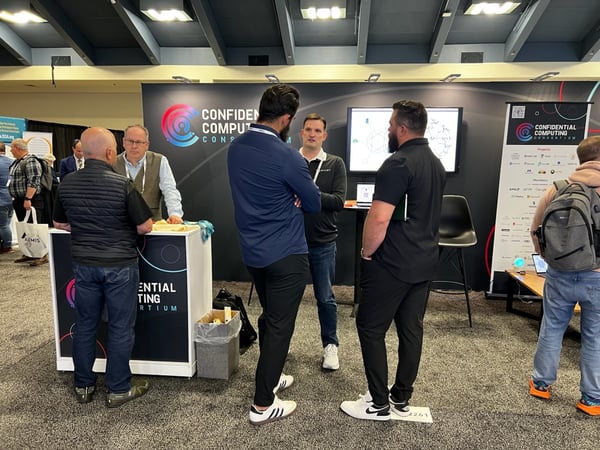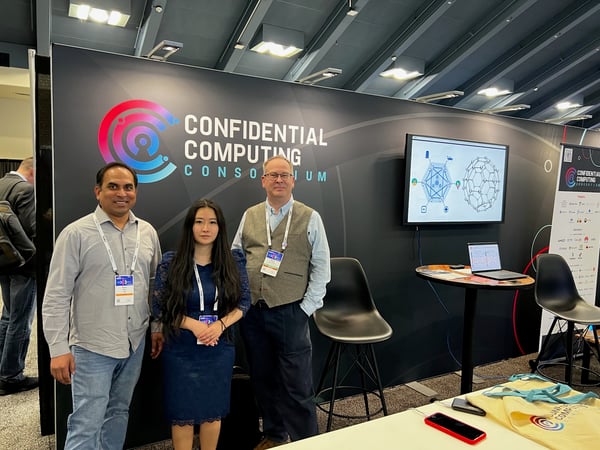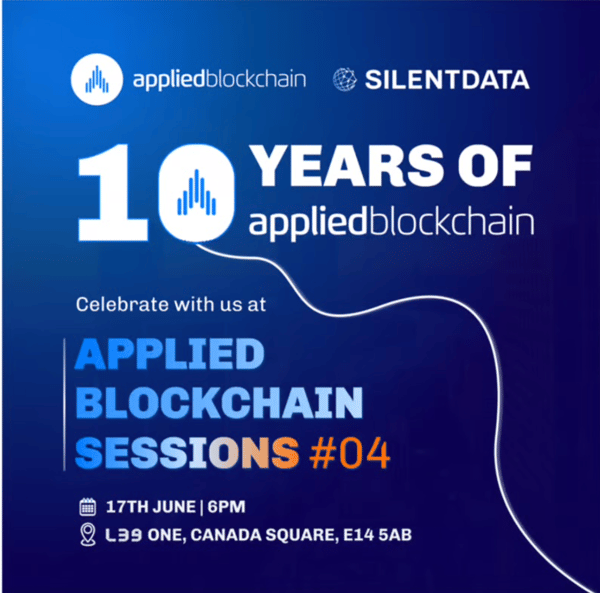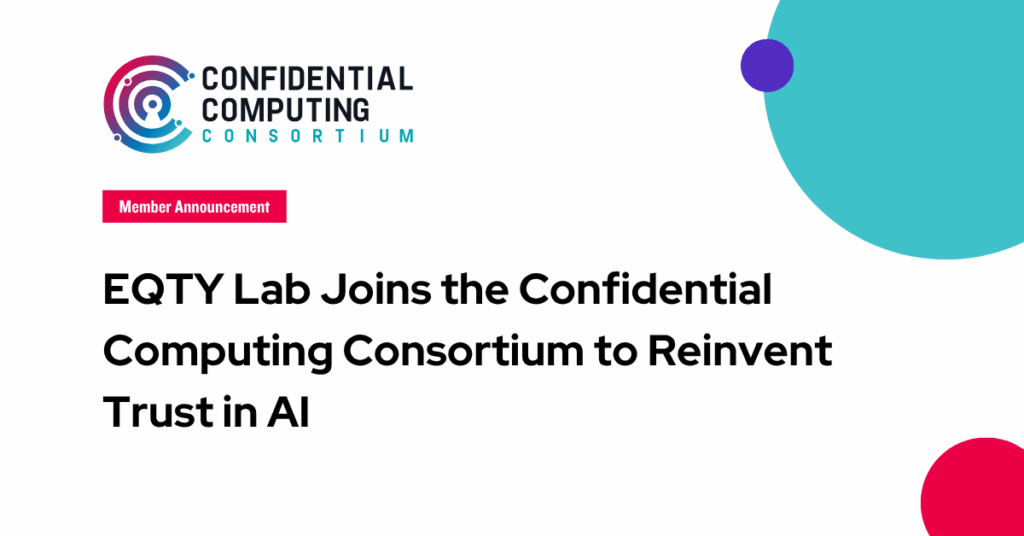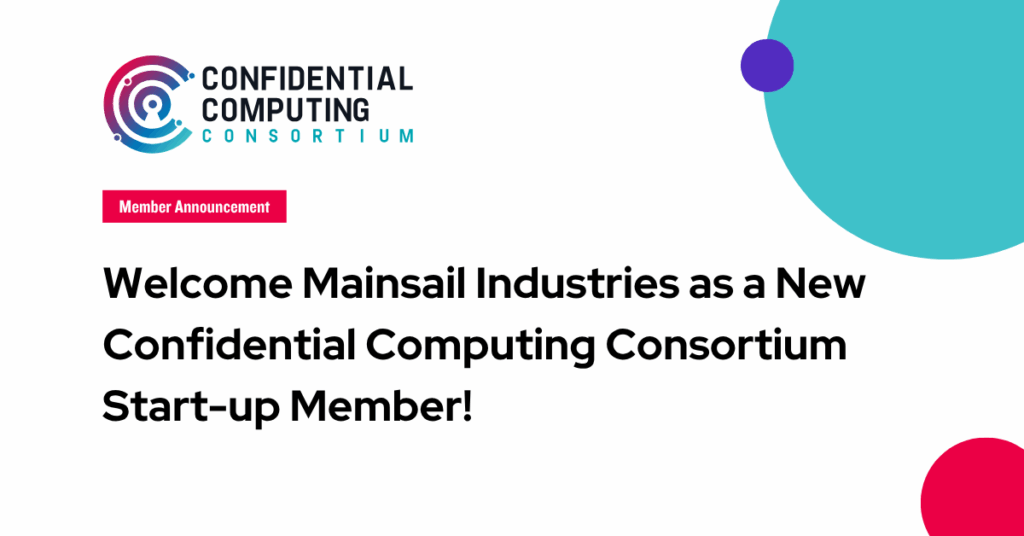
We’re thrilled to welcome Mainsail Industries as the newest start-up member of the Confidential Computing Consortium (CCC)! As pioneers in secure edge virtualization, Mainsail is joining a global community of leaders who are shaping the future of confidential computing—together.
About Mainsail Industries
Mainsail Industries is on a mission to deliver the world’s most secure edge virtualization platform and common computing environment—safeguarding critical infrastructure and the defense industrial base, while enabling organizations to modernize and achieve mission success.
At the heart of their innovation is Metalvisor, a secure, cloud-native virtualization platform purpose-built for the modern edge. Designed with simplicity, scalability, and security in mind, Metalvisor helps organizations extend the life of their most critical assets and meet the evolving demands of today’s mission-critical workloads.
What is Metalvisor?
Metalvisor is redefining what secure virtualization can look like. Unlike traditional hypervisors, Metalvisor is designed for modern workloads—Virtual Machines (VMs), MicroVMs, and Containers—while eliminating the operational complexity that often comes with secure infrastructure. It leverages cutting-edge technologies to streamline cluster management, support cloud-native patterns, and ensure security through Trusted Execution Environments (TEEs) and Trusted Workload Identity (TWI).
Metalvisor in Action:
- Secure Edge Computing: Metalvisor brings cloud-native capabilities to the edge, optimizing size, weight, power, and cost (SWaP-C) for environments where security and performance are paramount.
- Secure Containers: Simplifies virtualization for container-based workloads, blending the agility of containers with the protection of next-generation hypervisors.
- Secure AI: Protects sensitive AI/ML workloads through TEEs and TWI, ensuring both data and model integrity via hardware-rooted trust.
Why Mainsail Joined the CCC
“Joining the Confidential Computing Consortium is an exciting milestone for Mainsail. As CTO, I’m inspired by the level of thought leadership and collaboration happening within the CCC. It’s rare to find a space where so many different organizations come together to shape the future of secure computing, and I believe this collective effort will have a lasting, global impact.”
— Brad Sollar, CTO & Co-Founder
Mainsail sees the CCC as both a community of peers and a catalyst for impact. With deep experience in trusted workloads, confidential virtualization, and workload identity, the team is eager to share insights from building Metalvisor—and to learn from other contributors tackling similar challenges.
Mainsail is especially excited to contribute to the development of standards and best practices around Trusted Workload Identity—a key capability in delivering secure, scalable computing environments.
Contributing to the Ecosystem
Mainsail is actively contributing to the Trusted Workload Identity (TWI) Special Interest Group, collaborating with 21 other contributors to advance the trustworthiness and interoperability of workload identity solutions across platforms.
“Collaborating with 21 other contributors in the Trusted Workload Identity (TWI) SIG reaffirmed Metalvisor’s leadership in confidential computing. We’re proud to be shaping the future of this next-generation technology, bridging the gap between trusted execution environments and trusted workloads—a capability Metalvisor has delivered since day one.”
— Eric Wolfe, Chief Engineer
Please join us in giving a warm welcome to the team at Mainsail Industries! We look forward to the expertise and innovation they’ll bring to the Confidential Computing Consortium.
